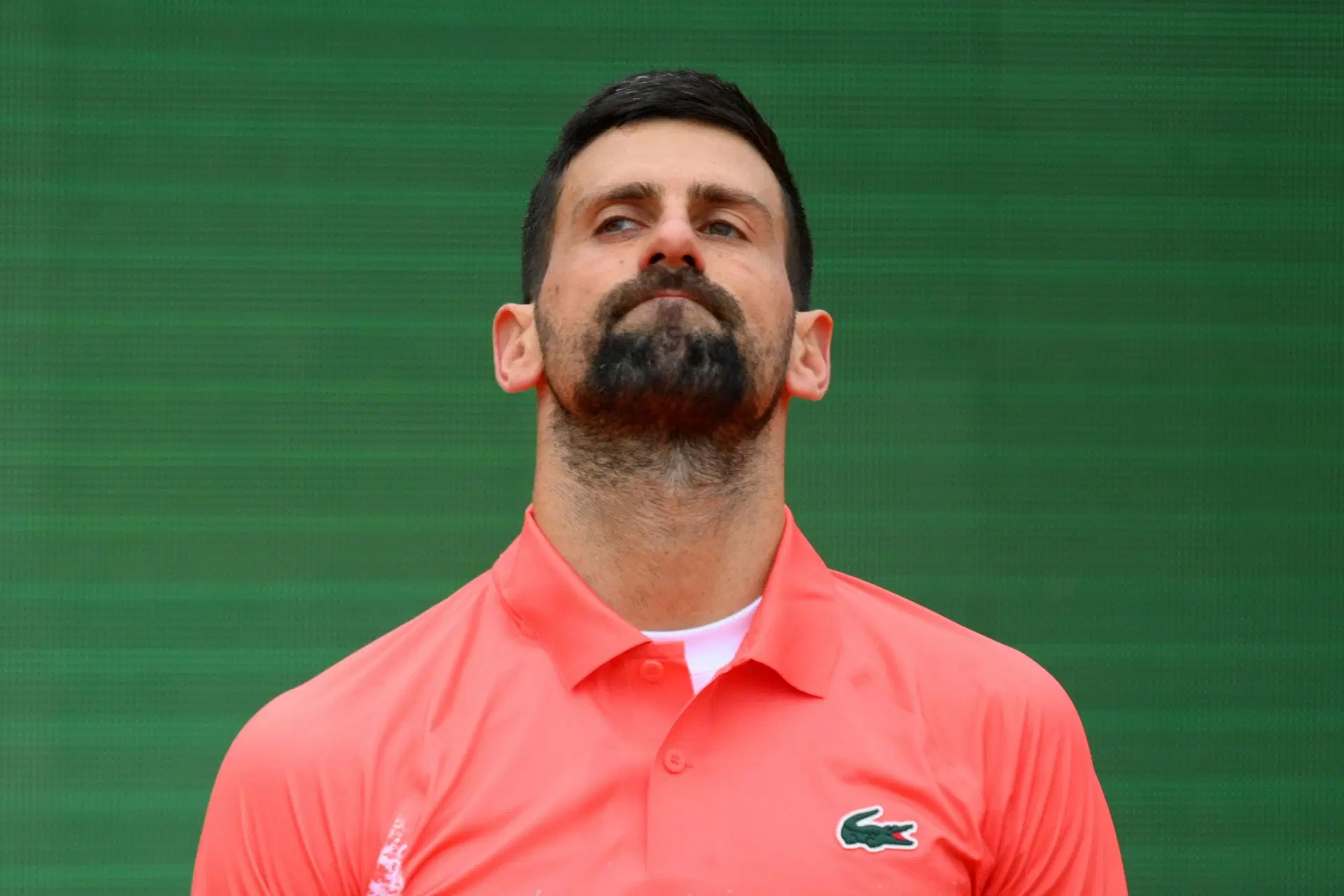
On a sun-drenched afternoon in Monte-Carlo, April 9, 2025, the tennis world watched in stunned silence as Novak Djokovic, the Serbian maestro with 24 Grand Slam titles to his name, suffered a staggering defeat at the Rolex Monte-Carlo Masters. Facing off against Alejandro Tabilo, a left-handed Chilean ranked No. 32 in the world, Djokovic fell 6-3, 6-4 in a second-round upset that left him reeling and searching for answers. The loss marked his earliest exit from the clay-court tournament in years, and the raw emotion that poured out afterward revealed a champion grappling with an uncharacteristic slump.
Djokovic, a two-time Monte-Carlo champion with victories in 2013 and 2015, entered the match with tempered expectations. Fresh off a runner-up finish at the Miami Open, where he fell to 19-year-old Jakub Mensik, the 37-year-old had been candid about his struggles to find his rhythm on clay. Yet, even he couldn’t have predicted the depth of this debacle. “I expected myself at least to have put in a decent performance. Not like this. It was horrible,” he confessed in the aftermath, his voice laced with frustration and disbelief. The Serbian star, known for his relentless precision and mental fortitude, tallied 29 unforced errors—a statistic that painted a picture of a player far removed from his usual dominance.
The match itself unfolded like a slow-motion unraveling. Tabilo, who had previously toppled Djokovic in straight sets at the Italian Open the prior year, seized control early, breaking the Serbian’s serve in the first set with a blend of aggression and consistency. Djokovic’s famed return game, often hailed as the best in tennis history, faltered as shots landed tamely in no-man’s-land, giving Tabilo ample opportunity to dictate play. The Chilean’s first-serve efficiency—winning 81 percent of those points compared to Djokovic’s 67 percent—further tilted the scales. “I was ready for him to come out and almost want to kill me,” Tabilo later remarked, a wry smile crossing his face as he reflected on his strategy to unsettle the legend.
For Djokovic, the defeat was more than just a loss—it was a personal reckoning. “Just horrible. Horrible feeling to play this way,” he said, his words dripping with self-reproach. He didn’t shy away from addressing the fans who had filled the stands at Court Rainier III, hoping to witness a resurgence from the former World No. 1. “I’m sorry for all the people who had to witness this,” he added, his tone a mix of apology and anguish. It was an emotional message that laid bare his disappointment—not just in the result, but in failing to deliver the spectacle his supporters craved.
This Monte-Carlo shocker comes at a pivotal moment in Djokovic’s storied career. At 37, he’s chasing a milestone 100th ATP title, a feat achieved only by Jimmy Connors and Roger Federer in the professional era. His season, now standing at 12-6, has been uneven—highlighted by an Olympic gold medal in Paris the previous summer but marred by a lack of tour-level silverware since the 2023 ATP Finals. The clay season, with the French Open looming in May, is his admitted priority, yet this performance raised more questions than answers. “I knew I’m probably going to play pretty bad, but this bad, I didn’t expect,” he admitted, hinting at a deeper struggle to adapt to the slower surface after months on hard courts.
Tabilo, meanwhile, emerged as the day’s unlikely hero. Arriving in Monte-Carlo with a 2-9 record in 2025 and an eight-match clay-court losing streak, the Chilean found his footing against one of the sport’s titans. His victory was only his second against a Top 10 opponent—both, remarkably, against Djokovic. “I tried to hold him back as well as possible,” Tabilo explained, crediting his ability to stay solid under pressure for turning the tide. For him, the win was a lifeline, a spark of form amid a challenging year.
As Djokovic packed up his gear and left the court, the weight of the moment lingered. This wasn’t the triumphant return to clay he’d envisioned after his Olympic triumph on the same surface. Instead, it was a stark reminder of the fine line he walks as he balances greatness with the inevitable toll of time. Yet, amid the despair, there was a flicker of resolve. “Roland Garros,” he said simply when asked about his goals, signaling that this setback, however brutal, won’t deter him from the bigger prize. For now, though, the tennis world buzzes with the echoes of a Monte-Carlo nightmare—and a champion’s heartfelt plea for forgiveness from the fans who still believe in him.
Leave a Reply